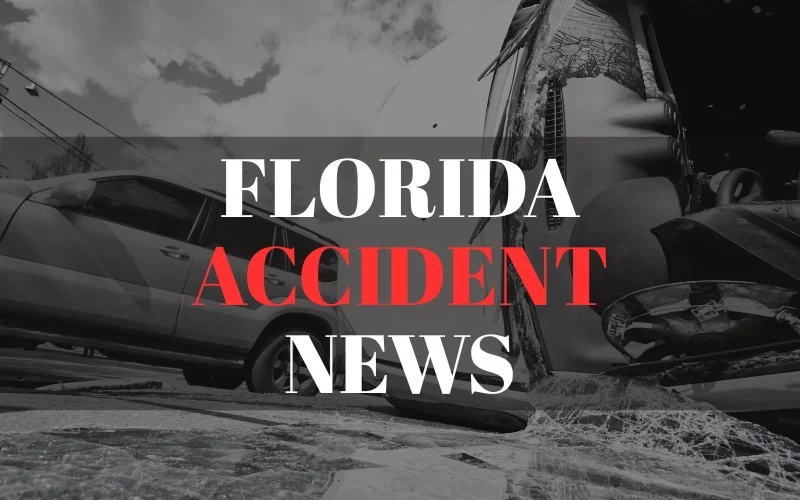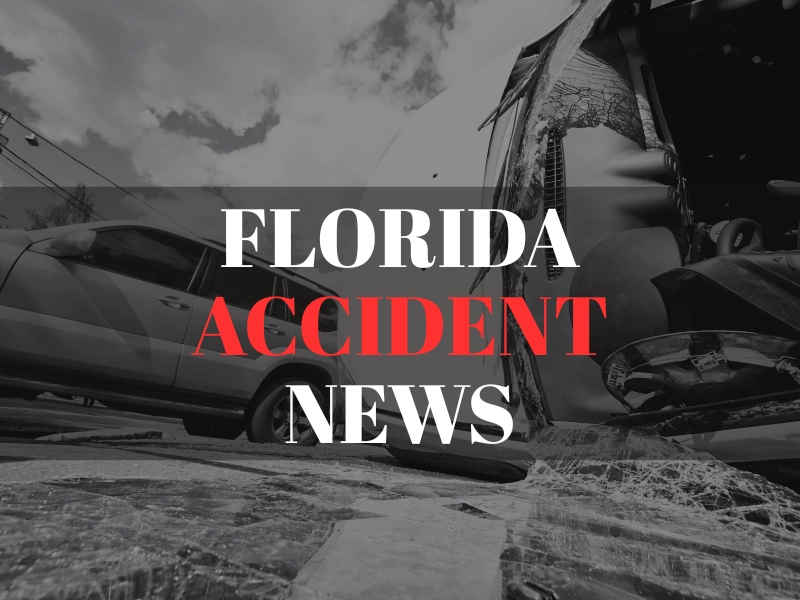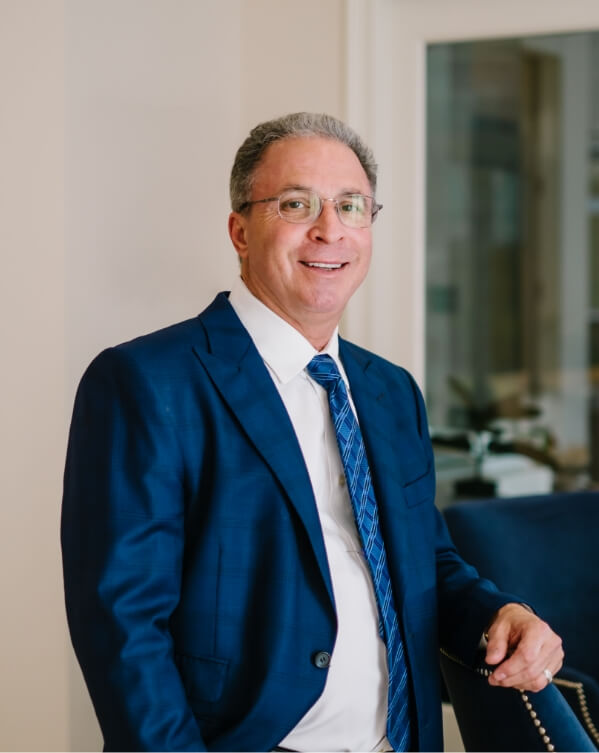Miami, FL — Federal Jury in Miami Finds Tesla Partly Responsible in Fatal Autopilot Crash
4Aug
Miami, FL (August 4th, 2025) – A federal jury in Miami recently awarded more than $300 million in damages after a fatal autopilot crash involving a Tesla Model S. While the driver was assigned the majority of the fault, jurors also found Tesla responsible for its role in designing, marketing, and failing to properly restrict the use of its driver-assist technology.

The outcome of this case is a turning point. For victims in Florida injured in crashes involving advanced driver-assist systems, it sends a clear message: car manufacturers may be held accountable for technology that fails to keep users and bystanders safe.
Table of Contents
Fatal Crash Highlights the Risks of Overreliance on Autopilot Systems
The fatal autopilot crash occurred on a rural Florida roadway, where a Tesla Model S approached a blinking red light and stop sign but failed to stop. The car slammed into two pedestrians standing near their parked SUV. One person was killed, and the other suffered catastrophic injuries.
At the time of the wrongful death accident, the driver had Autopilot activated, and the Tesla was traveling at over 60 mph. The system detected the stopped vehicle ahead, but the car did not slow down, stop, or steer away.
Jury Heard Evidence of Driver Distraction and System Overtrust
Testimony during the trial showed that the driver assumed the vehicle would respond on its own if something appeared ahead. This misplaced trust allegedly contributed to the crash. The jury heard how Tesla’s system was allowed to function in environments for which it wasn’t designed, with no effective restrictions to protect drivers, passengers, or pedestrians.
Florida Product Liability Law and Tesla’s Legal Exposure
Under Florida law, manufacturers are required to ensure their products are reasonably safe when used as intended, or in a foreseeable way. This crash provided a real-world example of how design flaws and marketing claims can expose manufacturers to liability when their technology fails to prevent harm.
Design Defects and Inadequate Warnings
The plaintiffs argued that Tesla’s Autopilot lacked critical safety features, such as geo-fencing to prevent activation in unsafe areas or effective driver-monitoring tools to keep users engaged. Tesla did not restrict the system from being used on rural roads, even though it was intended for highway use. The court found this failure to limit functionality created an unreasonable risk.
Misleading Marketing and Consumer Confusion
Tesla has often marketed Autopilot with terms like “self-driving” and “full self-driving capability.” But in reality, these systems still require active human supervision. The jury determined that Tesla’s language may have led drivers to believe the car was more autonomous than it actually was, contributing to the unsafe use of the system.
Jury Verdict Sends a Message About Corporate Accountability
The jury’s decision to hold Tesla partly responsible marks a significant shift in how corporate liability is viewed in relation to automotive technology. It also reinforces that companies can’t avoid responsibility by blaming the driver alone when the technology itself played a role.
Breakdown of the Jury Award
The total award of more than $300 million included:
- Approximately $129 million in compensatory damages for medical costs, pain and suffering, and future care
- Roughly $200 million in punitive damages aimed at punishing Tesla for egregious conduct
Although the driver was assigned about two-thirds of the blame, Tesla was found 32% responsible, due to its failure to implement safeguards and its misleading communications.
Punitive Damages Reflect Jury’s View of Tesla’s Conduct
Punitive damages are rare and only awarded when a jury finds intentional misconduct or gross negligence. In this case, jurors determined that Tesla was aware of safety limitations and chose not to act—prioritizing product rollout and marketing over user safety.
What Florida Law Says About Shared Fault in Car Accident Cases
Florida uses a modified comparative fault model to determine damages in personal injury cases. As such, multiple parties can be held liable, and damages are adjusted based on the percentage of responsibility assigned to each one.
Comparative Negligence Does Not Eliminate Your Rights
Even if you were partially responsible for the crash, or the driver of the car that hit you was distracted, you may still recover damages. As long as your share of fault is less than 51%, you can seek compensation from others involved in the crash, including manufacturers whose technology failed to prevent injury.
Statute of Limitations for Product Liability Claims in Florida
In most cases, Florida law gives you two years to file a personal injury or defective product claim. But in technology-related cases, time is of the utmost importance. Vehicle data may be overwritten or lost, and critical evidence can disappear. Working with an attorney early helps preserve your claim.
What This Verdict Means for Personal Injury Cases in Clearwater
For residents of Clearwater and surrounding areas, this case may open the door to new legal claims. If you’re injured in a crash involving semi-autonomous driving features, a product liability case against the vehicle manufacturer may be a viable path to compensation.
Legal Responsibility Can Extend Beyond the Driver
This case confirmed that responsibility doesn’t stop with the person behind the wheel. When manufacturers allow dangerous or misleading technology onto the road, they may share fault, even if a human driver made errors. This expands potential recovery sources for injured victims.
Injured Victims May Have the Right to Sue Multiple Parties
In product liability cases involving car crashes, Florida law allows victims to pursue claims against multiple defendants. This includes the driver, the vehicle manufacturer, and in some cases, software developers or component suppliers. These multi-party claims are increasingly common in cases involving driver-assist systems.
Were You Injured in a Crash Involving Tesla Autopilot in Clearwater?
The $300 million Tesla verdict makes one thing clear: manufacturers can’t rely on disclaimers and marketing spin when their technology fails to prevent serious harm. If you or a loved one was injured in a crash involving Tesla Autopilot or any other advanced driver-assist system, don’t assume the driver is the only one at fault.
At Light & Wyatt Law Group in Clearwater, we investigate complex crashes involving vehicle automation and fight to hold all responsible parties accountable. Contact us today at 727-499-9900 to schedule a free consultation.
